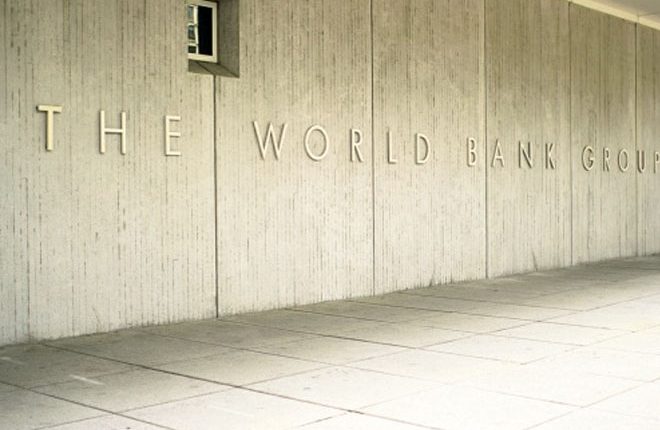World Bank says shortage of long-term finance ‘blunts progress’ in the C’bean
Washington, United States (CMC) — The World Bank says a shortage of long-term financing since the 2008 crisis is choking the investment-backed growth of companies in the Caribbean and other developing countries.
In a new report, the Washington-based financial institution said the shortage is also hampering the ability of credit-worthy families to borrow for education and housing needs, and escape poverty.
At the global level, the bank said this shortage of long-term financing also means that, despite appeals by the Group of Twenty (G-20) and other key international groups, developing countries are struggling to mobilize billions of dollars in financing they need to build badly-needed infrastructure in order to grow their national and regional economies.
According to the report, “Global Financial Development Report 2015-2016: Long-term Financing, “extending the maturity structure of finance is considered to be at the core of sustainable financial development.
The report says that securing long-term financing, defined as investment funding that matures in a year or more, “depends on the same fundamentals essential to tackling the current volatility in global capital markets.”
It urges policy makers to focus on institutional reforms, such as promoting macroeconomic stability, establishing a regulated and legally enforceable banking and investment system that protects creditors and borrowers, and setting a framework for capital markets and institutional investors.
“It would be a challenge to achieve high and sustainable rates of economic growth if countries fail to invest in schools, roads, power generation, electricity distribution, railways and other modes of transport, and communications,” said World Bank Group President Jim Yong Kim.
“Private sector construction of plants and investment in machinery, and equipment are also important,” he added. “Without long-term financing, households face great hurdles to raising income over their lives —for example by investing in housing or education—and may not benefit from higher long-term returns on their savings.”
Kaushik Basu, World Bank Senior Vice President and Chief Economist, said that while long-term finance facilitates investment in infrastructure, durable goods, and people’s education and skills, “finance, however, needs good institutions and effective contract enforcement.“By bringing a wealth of information and analysis to the table, this year’s report greatly enhances our understanding of this critical sector,” he said. The report says long term housing finance is arguably the most important ingredient towards home ownership, “yet the disparity across countries is stark.
It says an average of 21 per cent of individuals in high-income countries have an outstanding home loan, compared to a mere 2.4 per cent in lower-middle and low-income countries, such as those in the Caribbean.
The report says firms in developing countries also face substantial disparities.
It notes that loan durations to firms in low-income countries average 23.3 months, less than half of the average for firms in high-income countries at 58.7 months.
“The temptation to seek quick fixes is strong, but only a wholesale effort to reform the institutions that underpin the financial system will solve this problem,” said World Bank Director of Research Asli Demirguc-Kunt.“This report lays out a path that countries can follow to make available the kind of long-term finance that will support sustainable, equitable growth.”
The report highlights examples, as well as innovative approaches, that some countries have taken to win access to long-term financing.
It says that too little credit information makes it difficult for lenders to assess risk reliably and pushes them towards shorter lending maturities.
Additionally, the report says limited protection of investor rights leads lenders to prefer short-term contracts to discipline borrowers by threat of termination.
It also says that weak corporate governance leads to a weak contractual environment, stating that a study of over 7,000 firms in 22 countries found that firms with strong corporate governance tended to use less short-term debt.
“Insufficient financial knowledge often means that people opt for expensive short-term debt,” the report says. “Effective financial education would allow households to make better decisions, along with consumer protection and financial disclosure rules.”
While explaining the scope for long-term finance, the report also cautions that long-term finance is not optimal or even necessary in all circumstances.
It says that firms match the maturity structure of their assets with liabilities, and typically seek shorter-maturity debt to finance payroll and inventory, while seeking longer-maturity debt for fixed assets.

